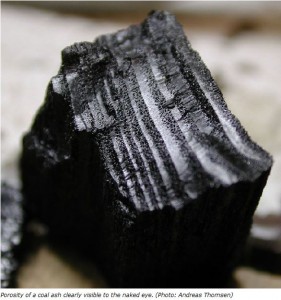It’s great to see this website coming together. I welcome the communication with biochar enthusiasts world-wide, and especially the opportunity to connect with the research and practical activity taking place in NZ.
I first learned about biochar from Albert Bates (author of The Biochar Solution) at the Australasian Permaculture hui in Turangi last year. Its relevance to NZ immediately seemed obvious to me. What has also become obvious is that very few people have even heard about it, there is no appreciation of its value in small-scale gardening, and absolutely no technology available for making the stuff. I set about developing a website to change all that, and I’m pleased that BIG-NZ are doing the same with this site.
As I live in the city and have no access to land or any form of agriculture, I have focused on biochar education, and promoting its use in home gardens. I’ve had a lot of fun making TLUDs out of food cans, as a first step in designing and manufacturing domestic-scale stoves in NZ. The process also lends itself to school and community education programmes, leading to practical action on carbon sequestration and climate change, local food production, community gardens, and many other community projects.
There’s a lot to learn, but the great thing is that we don’t need a degree in biochar before we can use it to improve our food quality and quantity, and make a difference to the health of the planet.


